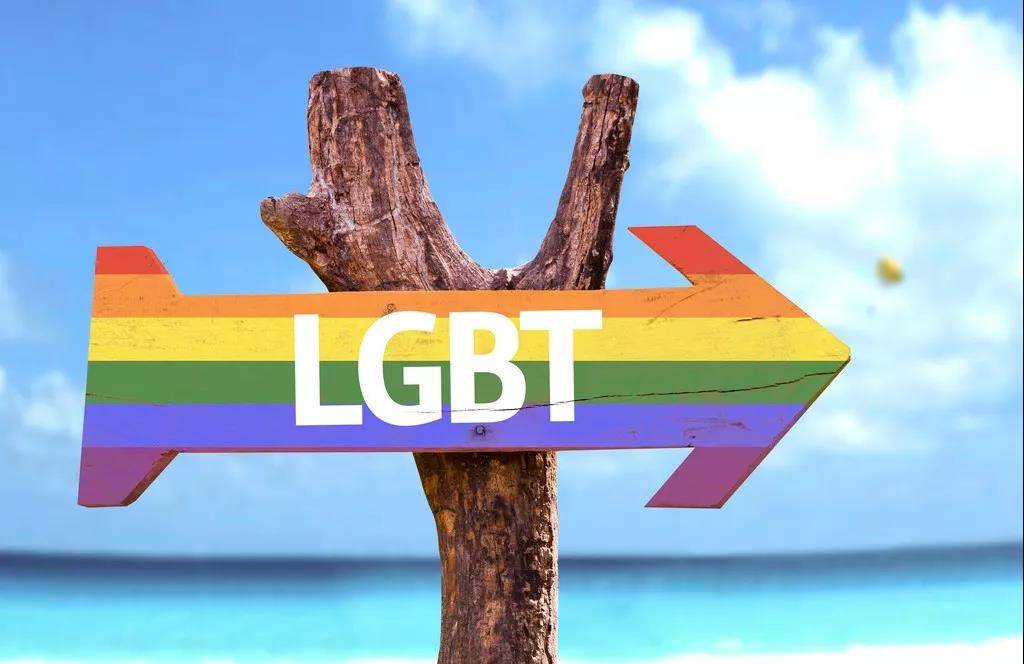Intentional guardianship: legal protection for the LGBT community
What is voluntary guardianship?
Intentional guardianship means that adults with full civil capacity can plan in advance for the possible decline in behavioral capacity or even disability in the future when they are physically or mentally healthy, and select a guardian in advance to arrange their daily life. , a system for handling financial and other related matters. According to the voluntary guardianship system, when the parties have full capacity for civil conduct, they determine their guardians through agreements, contracts, entrustments, etc. After they lose or partially lose their capacity for civil conduct, the guardians determined by the agreement shall perform personal care, medical treatment, etc. A series of responsibilities such as rescue, property protection, rights protection, death and funeral.
Legal basis for voluntary guardianship
Article 30 of the General Principles of the Civil Law: Persons qualified for guardianship according to law may agree to determine a guardian. The agreement establishes that the guardian should respect the true wishes of the ward.
Article 33 of the General Principles of the Civil Law: An adult with full capacity for civil conduct may consult in advance with his close relatives and other individuals or organizations willing to serve as guardians to determine his guardian in writing. When the person becomes incapacitated, the guardian shall perform the guardianship duties.

The necessity of notarization of guardianship
Looking at the legal provisions and practical operations of various countries, it is generally found that lawyers with professional service capabilities are involved, and most countries choose to incorporate notarization into the willful guardianship system. According to the current reality in our country, the voluntary guardianship system is still in the early stages of implementation. In practice, there are many problems that need to be solved by professionals to ensure that the client’s wishes are realized and his legitimate rights and interests are safeguarded. For example, the selection of the intended guardian, the provisions on the scope of powers and responsibilities of the intended guardian, how to ensure that the intended guardian is implemented, etc. In view of the fact that notarization has a high legal proof effect, after the client has arranged future daily life, financial disposition and other related matters according to his own wishes, it is necessary to protect the rights and interests of the intended guardian and the intended guardian through notarization and reduce unnecessary dispute.
To find similar joy, you can connect with friends on the lesbian dating app.
Frequently Asked Legal Questions
(1) Who is suitable for voluntary guardianship?
Answer: The elderly, parents of children with mental disabilities, people with medical needs for mental and genetic diseases, LGBT groups, DINK people, parents of single children, only-child families, non-marriage advocates, etc.
(2) Must the guardian be a relative? Is it possible to have two intended guardians at the same time?
Answer: As long as the guardian is recognized by the client and has full capacity for civil conduct, he or she is qualified to be a designated guardian. Whether the guardian is a relative of the client does not affect the guardianship qualifications. In addition, residents' committees, village committees, schools, medical institutions, women's federations, disabled people's federations, minor protection organizations, legally established elderly organizations, civil affairs departments, etc. can also become intended guardians. The client can also establish multiple intended guardians based on the actual situation. However, according to practical experience, in order to prevent conflicts between intended guardians, the intended guardianship agreement generally stipulates the order of intended guardianship, and it is appropriate to have one designated guardian in each order.
(3) What is the order of effectiveness between voluntary guardianship and statutory guardianship?
Answer: The effectiveness of voluntary guardianship is superior to statutory guardianship. The Civil Code stipulates a system of voluntary guardianship, which gives the ward the right to freely choose a person he trusts as his future guardian before he loses his capacity for civil conduct. This establishes a legal identity relationship between the guardian and the ward. The ward's right to arrange his own guardianship is not restricted by legal guardianship, that is, the guardianship order of the voluntary guardian is higher than that of the legal guardian. This effectively prevents the legal guardian from interfering with the voluntary guardian's handling of the ward's property and affairs, and can prevent the occurrence of Unnecessary disputes and legal risks.
(4) Is it necessary to pay remuneration for voluntary guardianship?
Answer: The client and the guardian can agree on whether to receive remuneration, but the expenses incurred in arranging the client's affairs should be borne by the client, and are generally paid out of the client's property.
(5) Is there a supervisor for the intended guardianship?
Answer: General lawyers, professional social guardianship service organizations, social workers, elderly care consultants, etc. serve as supervisors. Since the identities of the intended guardians are different and the period of intended guardianship is long, it is recommended to establish a supervisor in the intended guardianship to avoid unnecessary infringement of the legitimate rights and interests of the client.
To find similar joy, you can engage in lesbian live chat on Lespark.
Determined guardianship case
A well-known domestic media person has a deep relationship with his same-sex lover. As they grow older, the two begin to plan for life in their old age. With the help of lawyers, they notarized the intended guardianship agreement, each became the other's first designated guardian, and each arranged a second designated guardian. It is stipulated in the agreement that the intended guardian has the right to decide to continue or abandon treatment based on medical science or common sense after listening to the doctor's opinion. The decision-making guardianship solved the two people's long-standing worries and gave them more confidence to face their future life.















